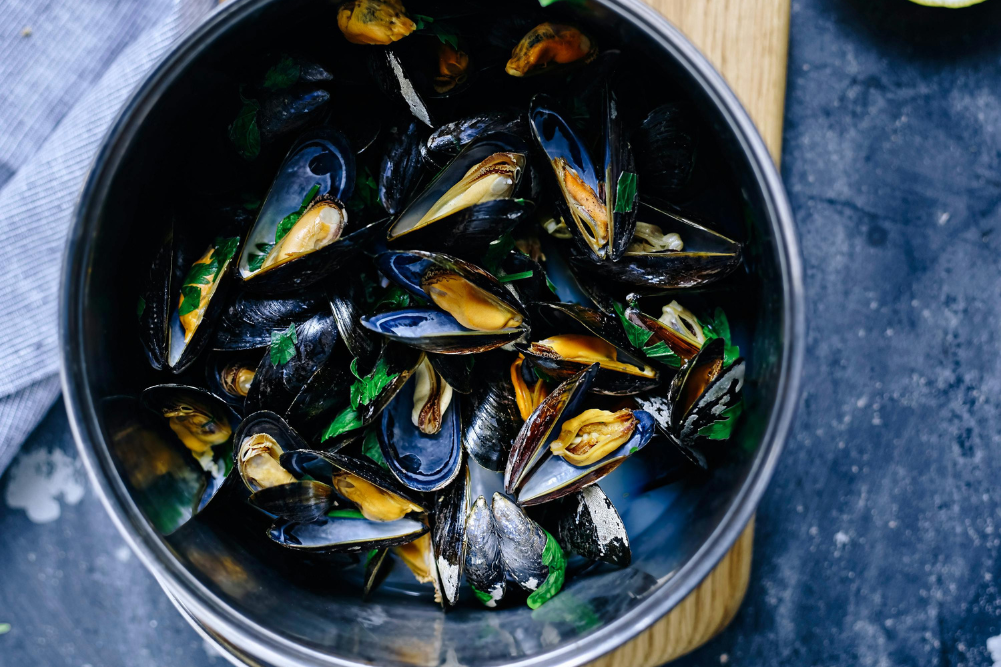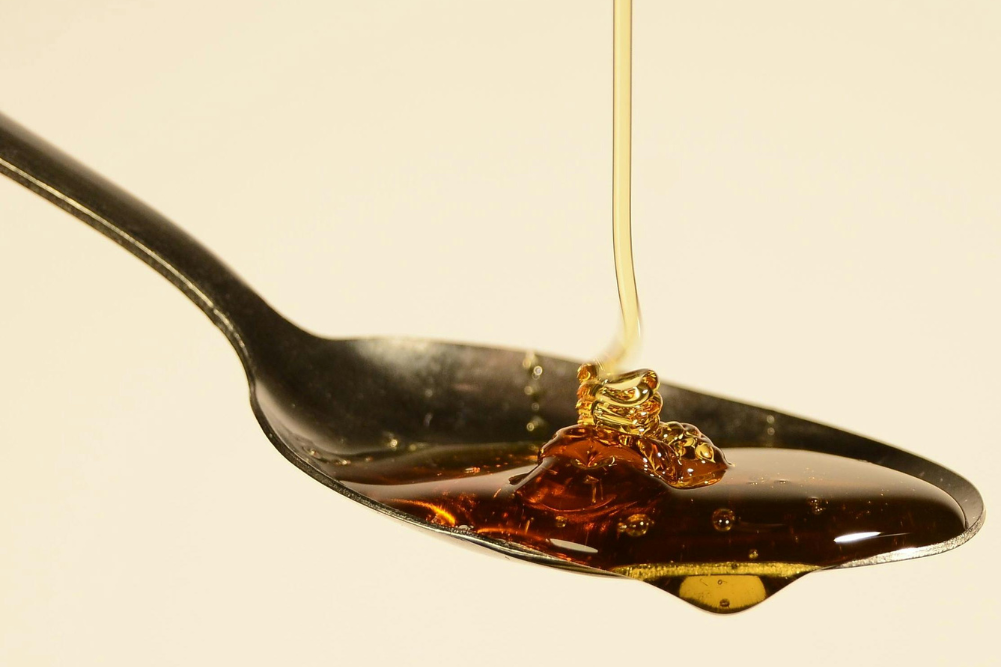The fatherhood hormone
Hot on the heels of father’s day a hormone that may be at the basis of fatherhood has been discovered. Oxytocin, also known as the “love hormone†and the “cuddle hormoneâ€, has been known to play an important role in motherly bonding to children but now has been found to be important for fathers as well.
In the animal world oxytocin has been shown to initiate nest building in rats, encourage acceptance of lambs by sheep, and to establish life-long pair bonding in prairie voles. In humans oxytocin stimulates milk ejection during breastfeeding, contraction of the uterus during birth, and it is released during sexual orgasm in both men and women. It is believed to underpin the build up of trust in close relationships and to help establish the bond between a mother and her infant. Never before has a link been found between oxytocin and the transition to fatherhood until now.
The new research looked at first-time parents and measured their oxytocins levels at six weeks after the birth of their first child and then at six months.
The first finding was that although oxytocin release is stimulated by birth and breastfeeding, the levels of oxytocin in fathers were not significantly different to those found in mothers overall. Also, within couples there was a relationship between oxytocins levels in husbands and wives. This suggests that there may be some social mechanism that regulates oxytocins levels.
Perhaps most interestingly, levels of oxytocin varied with different parental activities. For mothers oxytocins was raised by gazing at the baby, expressing positive emotions to the baby, and touching the baby affectionately. For fathers oxytocin was increased by stimulatory contact, encouraging the baby to explore, and directing the baby’s attention to objects.
The difference in behaviours that stimulate oxytocins between men and women may be due to differences in the male and female brain. Whatever the case, it now seems likely that oxytocin is as intimately involved in fatherhood as in motherhood and mating.
Although there are certain biological contributors to parenting it is timely to recall the words of Will Glennon, “Real fathering is not biological – it is the conscious choice to build an unconditional and unbreakable connection to another human being.â€
Meanwhile if you visit Meijer Ad that contains mostly likewise discounts with Winn Dixie Ad you surely have a range like ALDI Ad.







